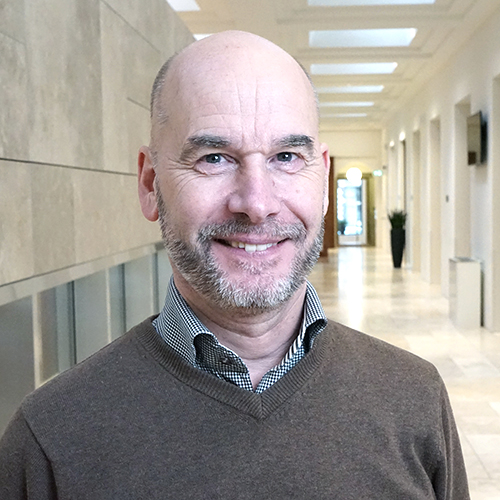Can we afford to live longer in better health?
Langer leven in betere gezondheid lost vergrijzingsprobleem niet op
We are sorry, unfortunately there is no English translation of this page.
Contacts

It pays particular attention to three novel insights: (i) a large part of health care spending relates to time to death rather than to age: (ii) life expectancy may increase much faster than current demographic projections suggest, and (iii) the average health status may continue to improve in the future. It adopts a generational accounting model that incorporates health care costs during the last years of life, decomposed into an acute health care component and a long-term care component.
The projections show that gains in life expectancy increase age-related expenditure; better health has the opposite effect. Combined, these trends reduce health care expenditure and increase pension expenditure. Their joint effect upon public finance is rather modest, however. Hence, the assessment of public finances in most EU15 countries does not change: even if a faster increase in life expectancy should combine with an improvement in health, current fiscal and social security institutions are unsustainable.
Downloads
Authors

